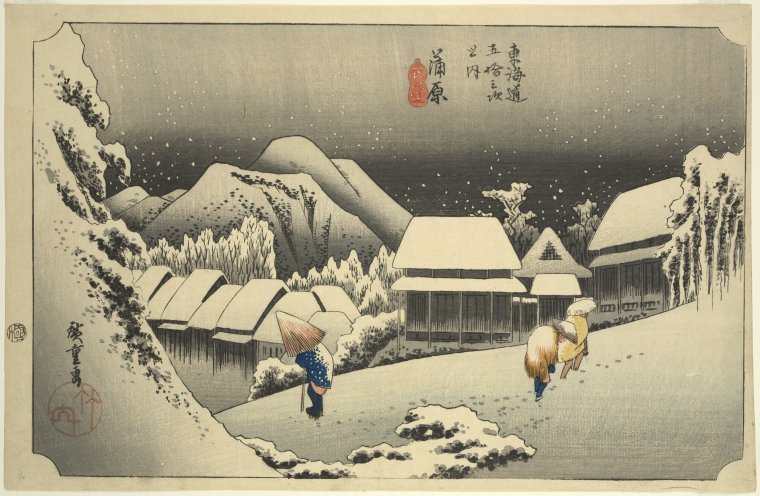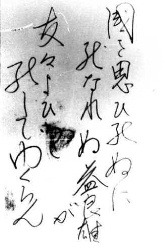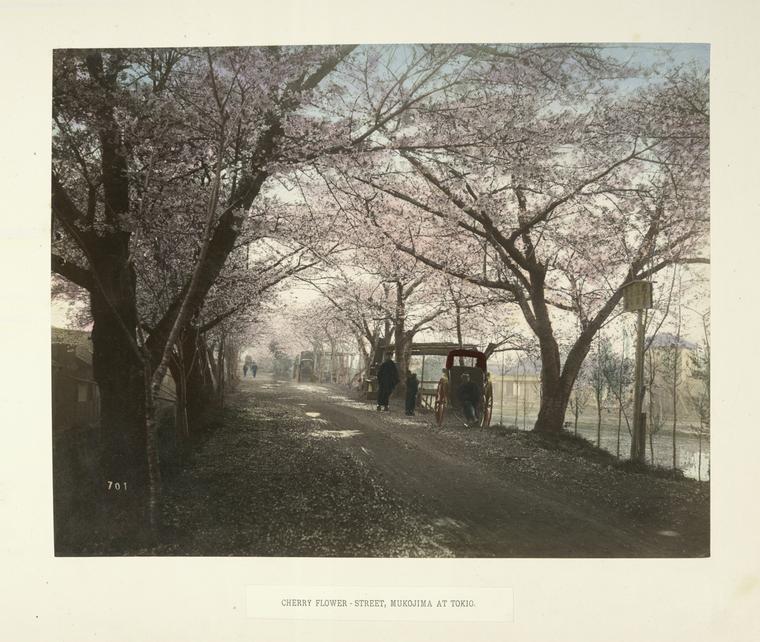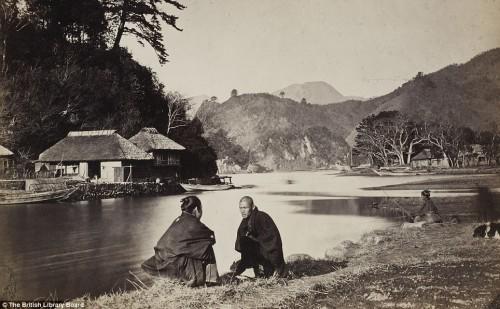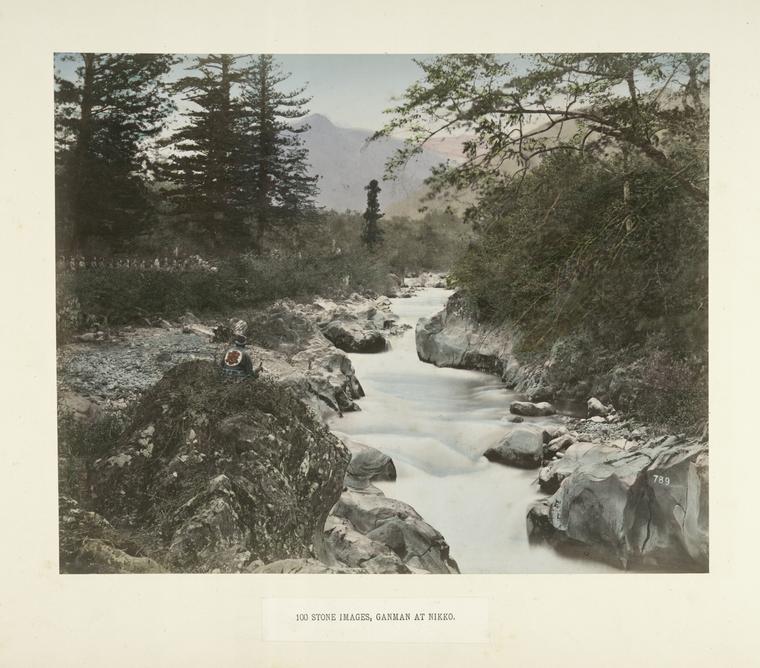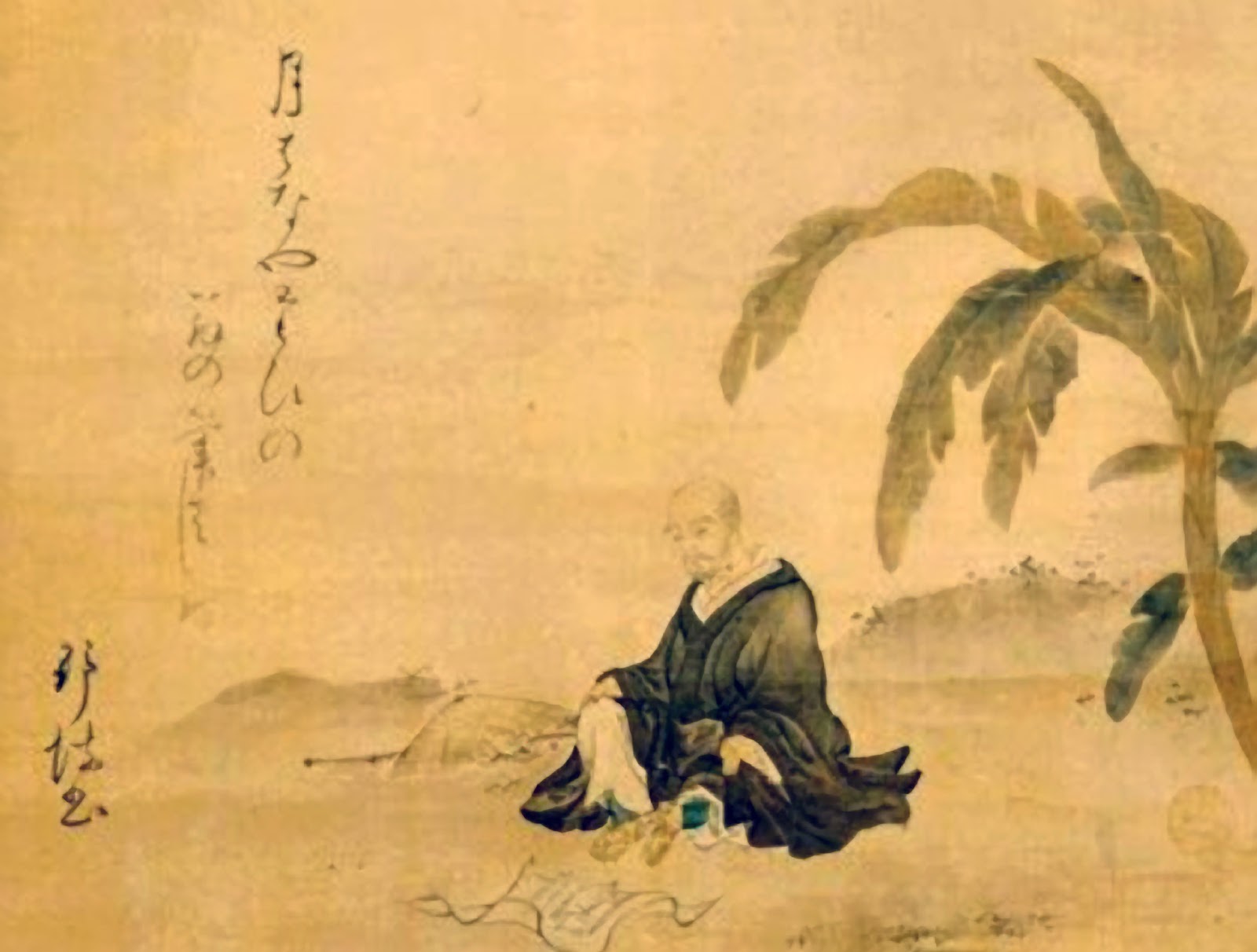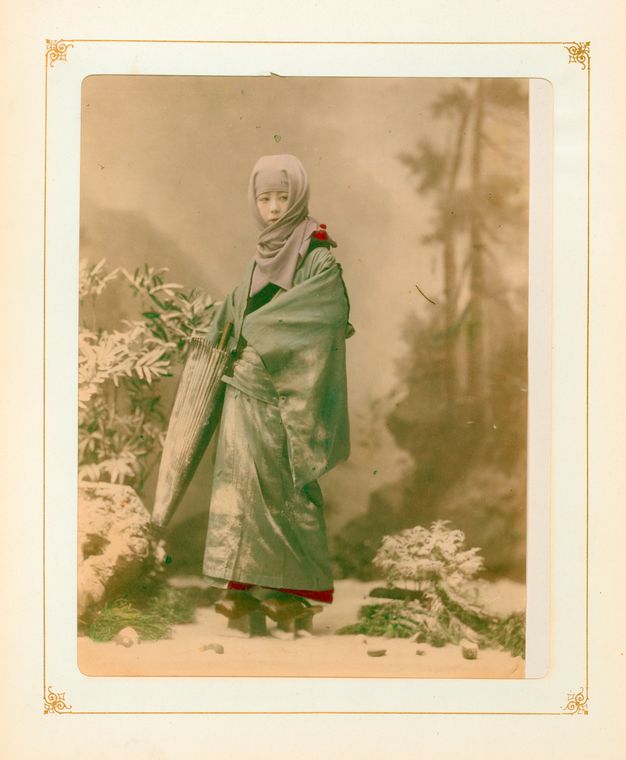
Winter haiku intend to make you feel the cold, the quiet, and the loneliness associated with the season. Literature can resonate different meanings for the writer and for the reader. There’s no right way to read, although some may argue that. In fact, Basho, one of Japan’s most famous haiku writers, warns us to “prefer vegetable broth to duck soup”–to prefer the literal plain meaning over seeking something complicated in his poems. However, my complicated can be your simple.
Haiku is a style of poetry that requires plain language and a season reference. It follows a 5-7-5 syllable rule with the 3 lines rarely rhyming. Most haiku suggest a moment in time along with a feeling. This feeling and moment involves phrases called kigo. These phrases associate with a particular season and have certain meanings attached to them. For example, “bare tree” signifies winter and is supposed to make us feel cold, melancholy, and distant. Beauty is also a component. However, these phrases don’t always do that for readers.
Haiku need to be lingered over, with kigo adding to their seemingly stark lines. But there’s a tension between what the writer wants us to feel and what we actually feel as we read. To illustrate this tension, I will share my feelings and images associated with several winter haiku. Why winter? Well, it is my favorite season. Autumn is a close second. And Japanese literature has a strong focus on winter. The culturally associated feelings appear in many important aesthetics, including wabi sabi and Zen.
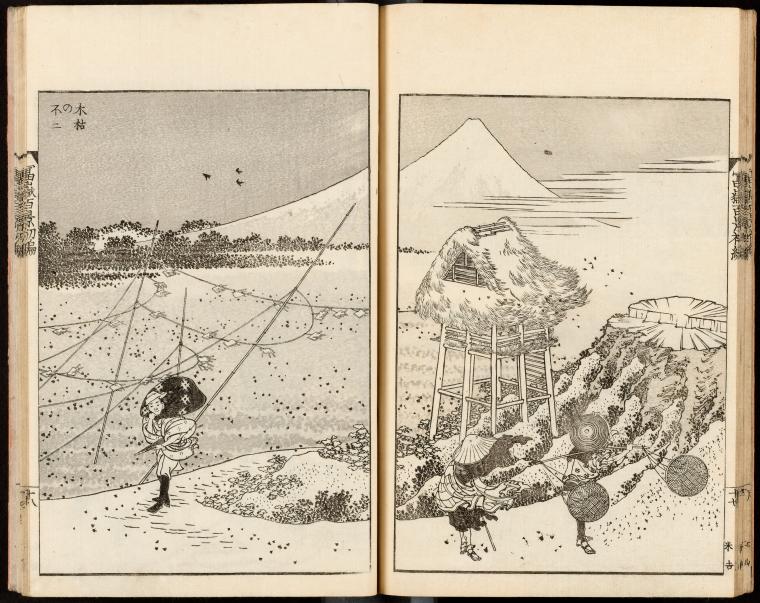
As you will see with my explanations, the writer’s efforts to make me feel the kigo of winter fail. Some of this is because of cultural differences. I’m not Japanese. I understand what the writers attempt, but I don’t feel the associations. However, my love for winter also skews their images. For me, winter isn’t dark, depressing, or associated with death. For me, winter is joyful, calm, warm, beautiful. It is my happiest season; summer is depressing, oppressive, and ugly. I don’t tolerate heat well and spend my summers feeling sick, whereas winters I feel well and energetic. Of course, it’s hard to do things during the winter! But I also don’t go out much during the summer because of how the heat effects me. In fact, I lose weight each summer because of how I can’t eat well. Unfortunately, summers lengthen where I live, and winters shorten. Because of my experience, Basho and other winter haiku writers can’t connect with me as they intend.
Winter Haiku by Basho
Winter rain—
The field stubble
Has blackened.
Basho is trying to make us feel cold and subdued while hinting at spring. When I read this poem, I imagine the comforting patter of rain mixed with ice on the fallow field. I savor the lack of humanity–they can’t ruin the moment with their noise. I feel the cold and the wet, but I don’t feel it as unpleasant. Rather, I imagine the pleasure of a fire and tea when I arrive home.
The winter sun—
On the horse’s back
My frozen shadow.
Here, Basho tries to convey loneliness and stillness. But again, I feel pleasure with the image. I enjoy solitude and the winter sun. I like feeling cold (to a point of course). The frozen shadow has a lovely purple hue in my imagination as it casts onto the snow. The sun offers a bit of warmth, adding to the layers I wear as I ride toward my destination.
Winter solitude—
In a world of one color
The sound of wind.
Heaven is the best way I can describe this image for me. White, the one color I see, contains all the colors. The wind punctuates the peace of solitude. Again, my feeling is the opposite of what Basho wants me to feel, although we both feel the beauty of white snow.
Winter Haiku by Buson
Blow of an ax,
Pine scent,
The winter woods.
This happy image contains the chatter of people working in a forest, cutting wood for their stoves. The crisp scent of pine and sap mingles with the cleanliness of winter. There’s no humidity or heat to ruin the scent with decay. I hear the sounds of the pine tree branches rubbing against each other in the wind.
Cover my head
Or my feet?
The winter quilt.
This poem makes me smile. Who hasn’t had this dilemma? But it also has warmth to it. My quilts and afghans were made by my mother and other relatives, so the poem associates with family.
Miles of frost –
On the lake
The moon’s my own.
Might I say that his is a heavenly picture? The lake spreads out, frozen and glittering under the moon. I’m alone–with all the calmness and peace solitude brings to me. The stars shimmer in the brittle winter air. I see constellations.
Savoring Poetry
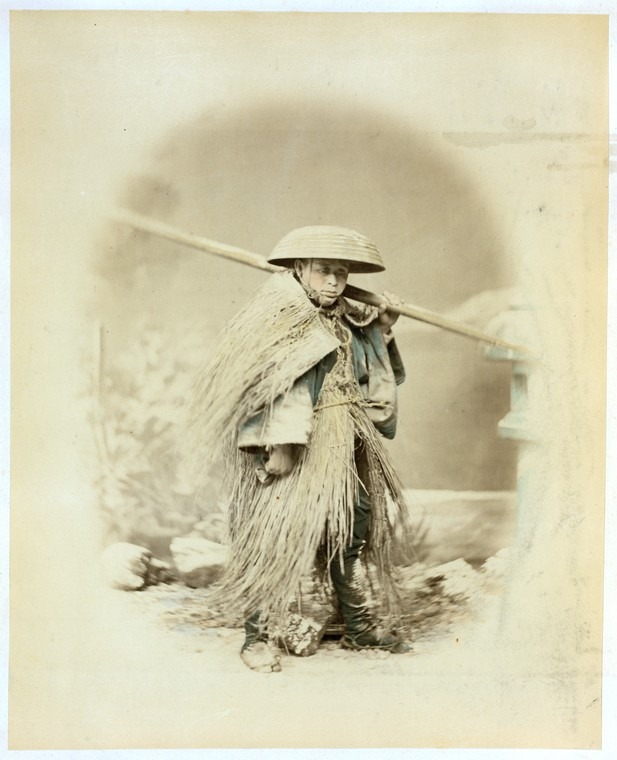
I’m not being contrary just to be contrary. Whenever I read these haiku, this is how I feel. I love solitude and quiet and calmness. I dislike noise, crowds, bustle, heat, and all the other things often associated with summer. While I know what the writers wanted me to feel, I can’t feel them. Indulge me one last example with this haiku by Issa:
The snow is melting
And the village is flooded
With children.
I feel irritation and sadness that winter passes, that the quiet is broken by the obnoxious yelling of children who have too much energy. I feel depressed that the heat of summer approaches. Issa, however, likely wants me to feel relief and pleasure at the burst of life spring brings with it. At least, that is how most people feel with such a poem!
In the end, it doesn’t matter exactly what you feel when you read literature. The fact you feel and stopped to savor matters. Because we swim in a sea of words, we take them for granted. We skim, glance over, and otherwise run past the words on a page or screen. We’ve been trained by the Internet and by education systems to consume information as fast as possible. However, speed often means shallowness. I do it all the time. I read something and immediately forget most of what I supposedly read. I didn’t take the time to savor and absorb the text. Stopping the savor haiku as I’ve done here breaks that go-go-go reading we all do. It helps us be aware of how the words effect our inner state, and it helps us be aware of our personal preferences and limitations. My love for winter and distaste for summer colors my interpretations of both in literature, poetry, and in life. If summer wasn’t so hot, I’d like it more!
When you consider it, reading is a miracle. Squiggles on a screen or on a page causes the words of someone else to speak in our minds. It may use a reading voice–we all have an internal reading voice–but they are still someone else’s thoughts. Of course, our understanding of the writer’s intent is always imperfect as I attempted to illustrate throughout this article. Despite that limitation, the fact we can telepathically connect to someone by reading is pretty amazing! Reading also gives us a chance to go back and revisit ideas that we may not be ready for yet. It allows us to go back and revisit the thoughts of a loved one we cannot hear anymore. Because of this, I believe writing is superior to speaking. It allows people to connect deeper over time, to contemplate, where speech is more fleeting. Don’t misunderstand, conversation remains the primary way for people to connect. Writing, however, provides a longer lasting connection because of the ability to revisit and reread.
So how do you read the poems in this article? Share your feelings and your vision in the comments.
References
Hass, Robert (1994) The Essential Haiku. NJ, The Ecco Press.
